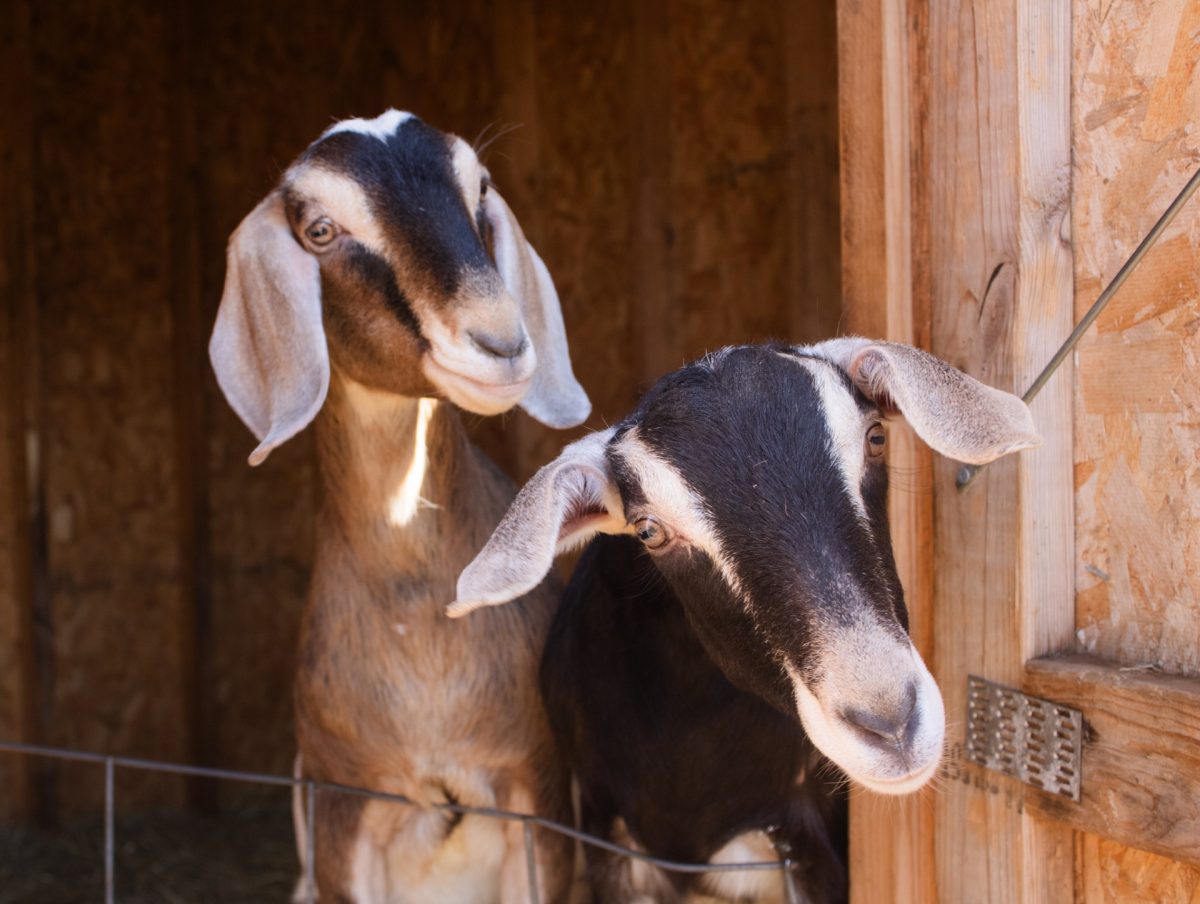Lindsey Graham | Opinion Co-Editor
As a member of the 2015 Global Fellows for Buena Vista University (BVU), I had the honor and privilege to travel to Cape Horn, Chile to participate in a conservation program this January. While conservation in an environmental sense is typically perceived to belong to the biology and science departments, any discipline has equal aspects of involvement.
As a Business and Corporate Communications double major, I was constantly tasked with bringing conservation full circle and apply concepts to my discipline. Now in hopes to foster growth in the environmental mindset, I compiled a list of some majors BVU offers and how each student can contribute. While I am not an expert in these fields, these are my perceptions of possible involvement:
• Accounting: Conserving the environment is no small task. This means financially too. Conservation projects can cost millions, and even billions, of dollars to implement, and accountants are needed to complete the project with an efficient budget.
• Art: Conservation not only deals with the environment, but also is rather multifaceted. Conserving art not only focuses on keeping artifacts from deteriorating, but preventing the culture behind the art from fading away as well.
• Athletic Training: Keeping our environment pristine and protected has many health benefits, including nature therapy. When rehabilitating and training, being outside has proven benefits to progress.
• Biochemistry: Multidimensional in itself, there are many conservation applications for biochemists. One can study the makeup of the soil, plants, and animals to find which nutrients need to be preserved in a location.
• Biology: Biology is the home of conservation with ecology and botany, but there are also other fields to look into. For example, how does the environment affect the genetic makeup of a population?
• Business: Similar to accountants, business people work on the project side of conservation. Projects need to have financials and economic benefits analyzed as well as marketed for successful adoption by those involved in the initiative.
• Chemistry: When dealing with conservation, it is important to know the chemical makeup of the environment that is being worked with. That can include the chemicals of the water source, or the soil and rock in the surroundings.
• Communication Studies: What is the point of initiating conservation efforts if the audience does not understand the value of the project? Why do we need to keep the water source clean? Because if the water cleanliness were allowed to worsen, it would take millions of taxpayer dollars to build a water treatment plant and that is the relative value to the community.
• Computer Science: Many conservation applications need technology to be successful. Build programs and software to analyze the data received to aid decision-making and implementation.
• Criminology and Criminal Justice: The U.S. Department of Justice has an Environmental Crimes department to safeguard environmental laws, such as pollution control.
• Digital Media: Along with Communication Studies, Digital Media focuses on utilizing the media to tell a story, and the environment has a story to tell. Create a multimedia story about the land, it’s people, and it’s culture. If a picture is worth a thousand words, then maybe a video is worth millions.
• Educational Studies: A key to successful conservation is teaching others the value in joining the project. You can teach students by giving them a hands-on experience on a field trip, or train a corporation’s employees on green initiatives.
• History: A major part of conservation is preserving the history of the environment as well. For example, in Chile we visited the cave of the Mylodon, an ancient sloth. Even though the animal was extinct, preserving the history of the animal provides great value to the area.
• Philosophy and Religion: There are many philosophical questions on the extent if humans should be involved in conserving the environment. Is it our job to control the population of native animals? Read through Thinking Like a Mountain, one of the readings from the trip to Chile.
• Political Science: Politics can have a major impact on conserving the environment through environmental law and implementation.
While these ideas only cover a top layer of what conservation includes, it goes to show the expanse that the field of conservation covers. What have you been doing with your discipline to go green?
Photo courtesy of Lindsey Graham









